Joshua v Klitschko: Why Mihai Nistor won't cash in on beating a champion
- Published
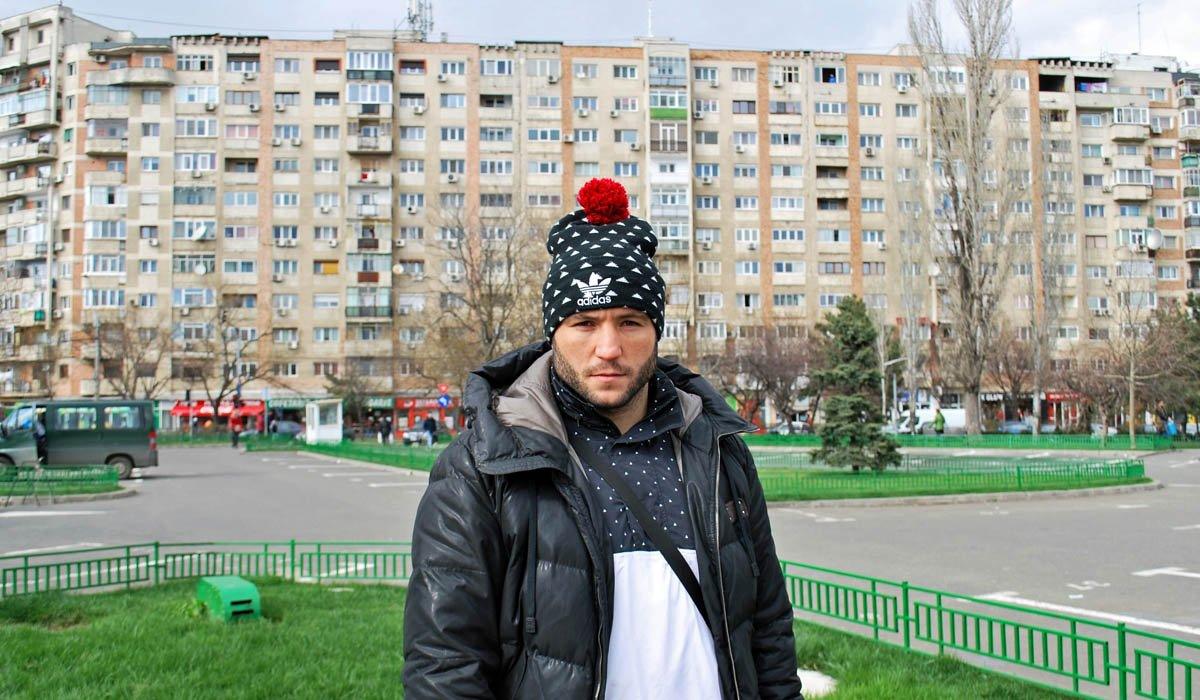
Mihai Nistor was the last - and only - fighter to stop world heavyweight champion Anthony Joshua. But while Joshua now earns millions, Nistor survives in his Bucharest apartment, still an amateur on a modest income. Why has he spurned boxing's riches?
He sits alone on a park bench, surrounded by an endless sprawl of discoloured communist-era apartment blocks.
As the midday commuter traffic bustles around him in this crowded suburb of the Romanian capital, Mihai Nistor is barely recognised by passers-by.
It's just six years since Nistor stopped Anthony Joshua with a flurry of hard punches to the head in the third round of their fight at the European Amateur Championships in 2011 in Turkey, but since then their careers have taken starkly different paths.
This weekend Joshua will step into the ring at London's Wembley Stadium to defend his IBF world heavyweight title in a unification fight against Wladimir Klitschko.
It will be one of the biggest fights in British boxing's history, with 90,000 tickets expected to be sold, and both boxers will earn millions of pounds for a maximum 36 minutes of ring time.
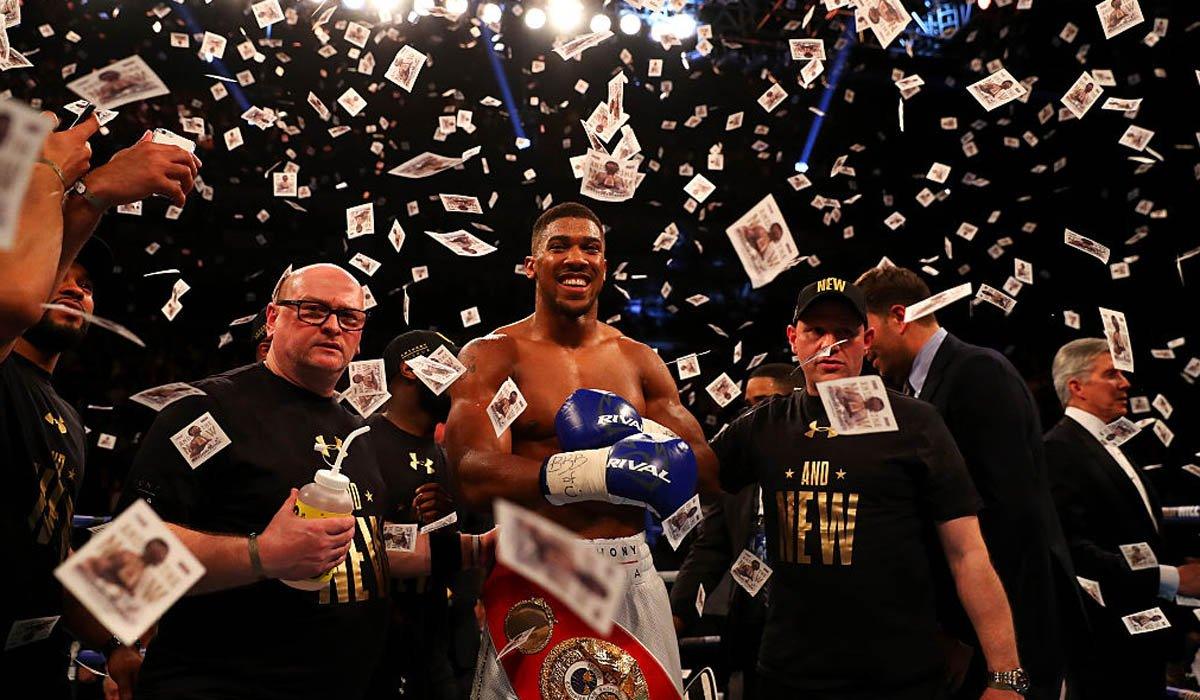
Anthony Joshua celebrates after defeating Charles Martin in April 2016
Nistor, 26, will watch the fight from his couch in the modest Bucharest apartment he shares with his younger rugby player brother. He still boxes as an amateur and his salary of £1,200 ($1,500) per month is funded by the Romanian army.
But Nistor, from one of Europe's poorest and most corrupt countries, insists he doesn't dwell on the gulf between his income and Joshua's.
"I don't do this sport for money," he says. "I do it for pleasure, because you don't win if you are motivated by money," he adds.

Joshua v Klitschko live on the BBC
Listen to Radio 5 live commentary from 21:00 BST and follow text updates on the BBC Sport website as Anthony Joshua takes on Wladimir Klitschko for the IBF and WBA heavyweight titles on Saturday 29 April

What also gives him pleasure are his memories of beating Joshua. "It was a special day," he recalls.
"My trainer said: 'Don't worry, Joshua is big but he'll go down quickly if you punch him correctly.' I didn't know who he was or what he was going to become… He was a good boxer, he was moving all the time and he had a strong punch."
"I beat him in 2011 and in 2012 he was an Olympic champion," Nistor adds, grinning.
Despite Nistor's technical knockout win in Turkey, where he won a bronze medal, he failed to qualify for the London 2012 Olympics - "poor judges" were to blame, he says. His old foe Joshua, on the other hand, went on to qualify and won the biggest prize in their sport - an Olympic gold.
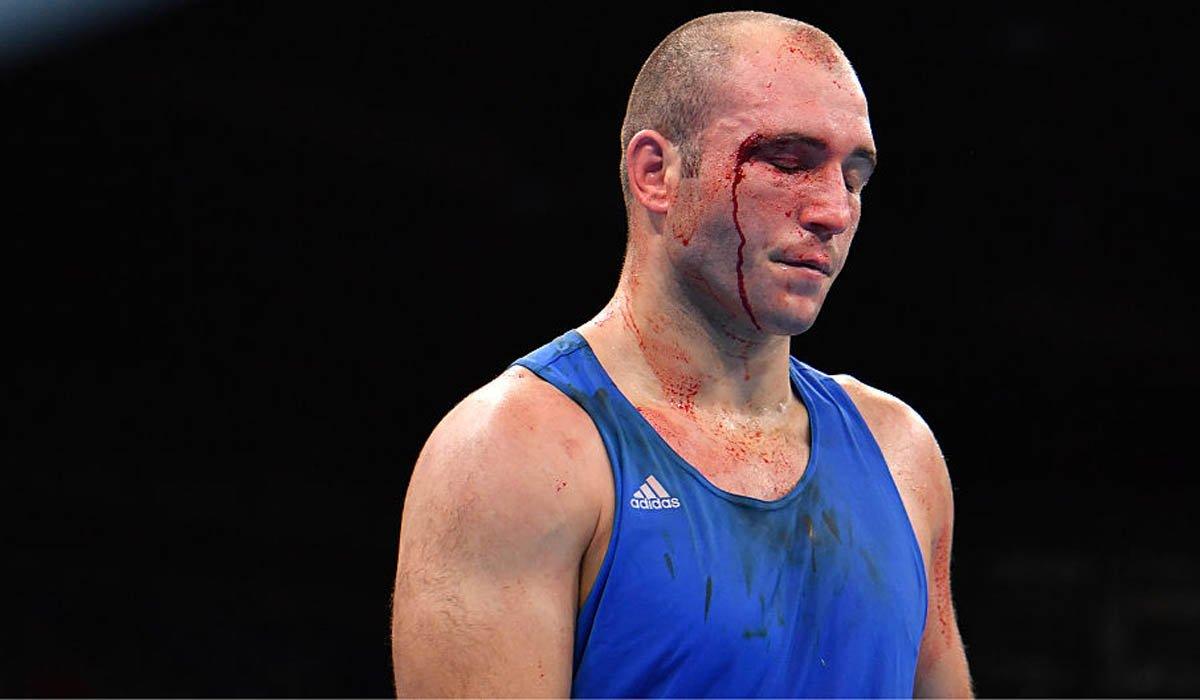
Nistor during his defeat to Iashaish of Jordan in the 2016 Olympics
An Olympic boxing medal can lead amateurs to lucrative professional contracts. Indeed, not long after his spectacular London Olympics win, Joshua ditched his amateur vest and five years later, the 27-year-old is now a global superstar and a multi-millionaire.
However, Nistor continues fighting amongst the amateurs, surviving on his modest income. Until recently, only amateurs could box at the Olympics and he carries an undying dream of winning a gold medal at the 2020 Tokyo Olympics — despite his failed attempt to bring home a medal from Rio last year.
"I don't know what the judges were looking at," Nistor says, reflecting on his disappointing loss in Rio, where he was the only boxer to represent Romania.
"I lost the first round because of the emotion, but the second and third I won clearly," he adds.
Spending time with Nistor, he gives the impression of a boxer unsure of how to advance.
He keeps training, thinking about the big time, but he can't move past a marker, the Olympics, that many fighters - win or lose - would be only too glad to use as a stepping stone to launch a profitable professional career.
Nistor started boxing at 16 years old, and many considered it too late for him to achieve anything meaningful in the sport. However, just three months after first lacing up his gloves, he won a national heavyweight amateur title.
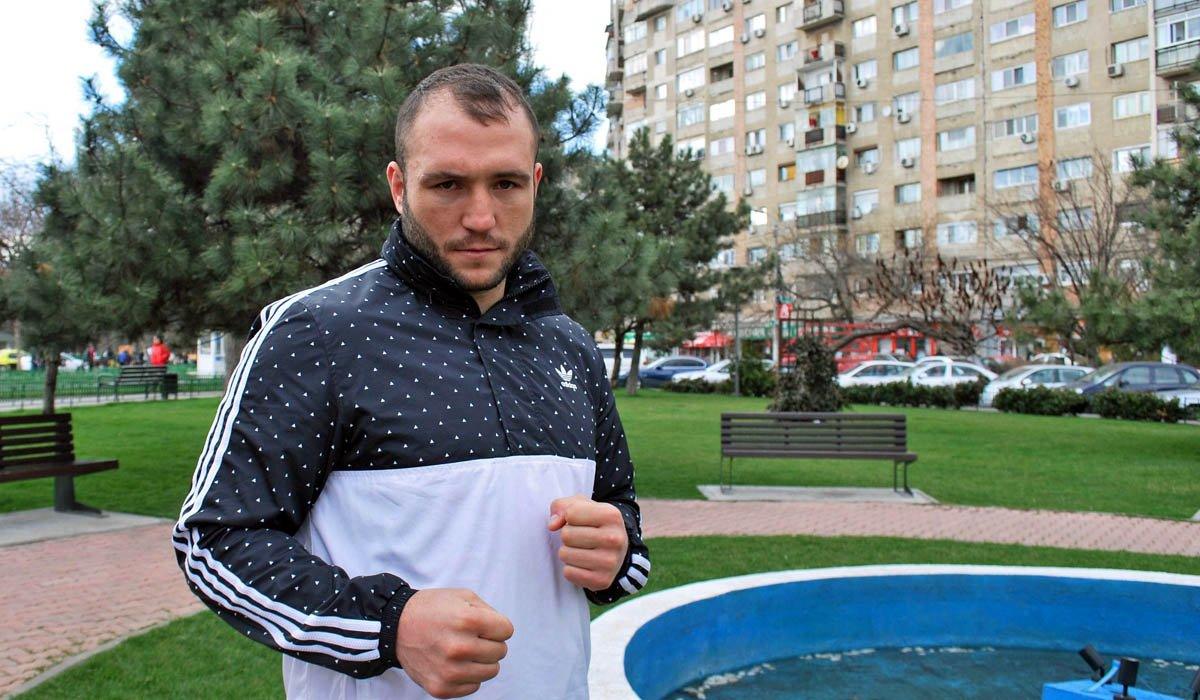
"I am not too talented," Nistor admits. "But I love combat and I like to work… Hard work, hard work, hard work." He repeats it like a mantra he's grown only too familiar with during his gruelling six-day-a-week training regime.
"If you don't have much talent but you work really hard, hard work will beat talent - every time," he adds.
Even now, Nistor's boxing style could be a tricky one for any current professional heavyweight boxer. Although Nistor is short for his division at just 6ft tall, he has an aggressive, relentless style and power in both hands.

Find out more
Mihai Nistor appeared on BBC Radio 5 live's Boxing with Costello and Bunce

Some parts of the Romanian media have nicknamed Nistor the "Tyson of Romania". With his thick-set frame and looping heavy punches - like the ones that stopped Joshua six years ago - the likeness is fitting.
"I am like Tyson because I have the power and movement," says Nistor, strolling along a congested Bucharest street, as car horns endlessly sound and locals scramble to get their lunch, paying him no attention.
Nistor is well aware that by delaying his move from the amateur to the professional code he risks missing out on some prime fighting years, but his desire to strike Olympic gold keeps on persisting.
It doesn't help, either, that he wants to remain in his home country. Nistor would probably have to move abroad to a country with a more developed boxing scene than Romania if he were ever to reach his full potential as a professional fighter.
Even now, Nistor has to regularly venture abroad to get quality sparring partners.
"It would be to America as that's where people make it in boxing, and people there love the boxers," Nistor says, matter-of-factly.
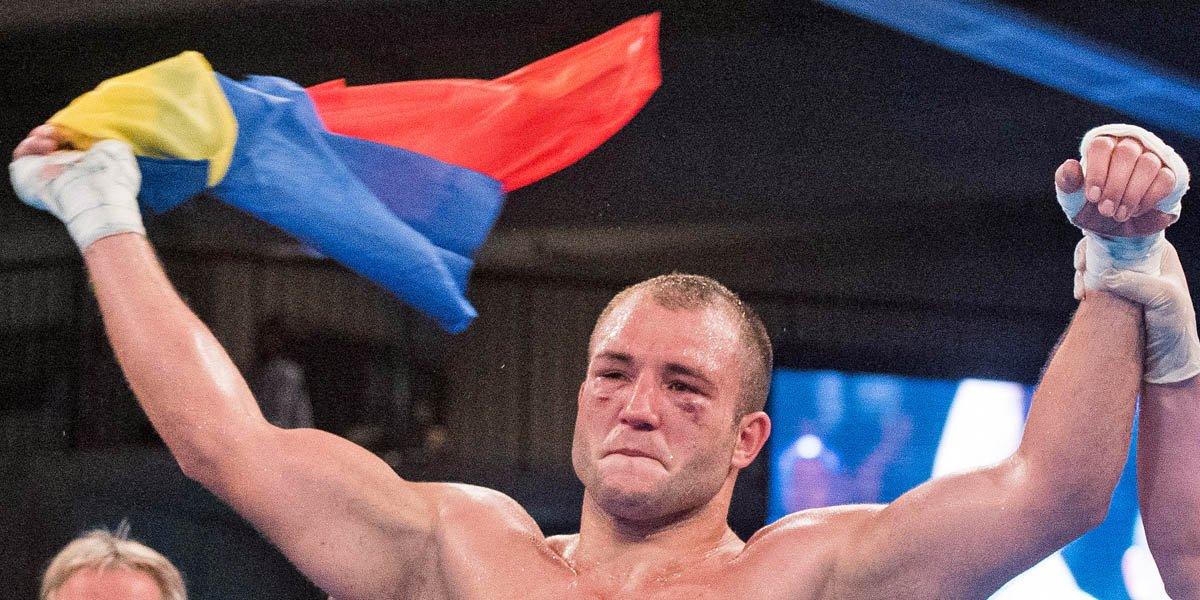
Beyond his vague indifference to follow in the footsteps of Joshua, Nistor has another strong reason to delay turning professional.
"Romania has only ever had one Olympic gold-medal boxer - Nicolae Linca at the Melbourne 1956 Olympic Games," Nistor says.
"He's my hero. I'm delaying turning professional because I want to win a gold medal in Tokyo," Nistor adds.
However, unlike Nistor, Linca never had the chance to cash in financially on his boxing abilities, because he fought during a period when Romania was a communist dictatorship.
After boxing, Linca's life was blighted by Parkinson's Disease and he died in poverty in 2006.
Nistor says that the disparity in wealth and status between him and Joshua is of little concern to him, and that he's happy with his close-knit family life, his long-term girlfriend and to have "beaten a man who won an Olympic gold medal".
Even still, Nistor believes that he could repeat his win against Joshua if the two were to fight again. "I see many imperfections in Joshua… He leaves himself too visible [to take punches]," says Nistor.
"I would study him for a month and create tactics with my coach," he adds.
The worry for Nistor, as he gets ready to watch his old rival fighting under the bright lights of worldwide stardom, is that he might never get his own shot at the big league.
Photos by Stephen McGrath except where otherwise stated
Join the conversation - find us on Facebook, external, Instagram, external, Snapchat , externaland Twitter, external.
